Can Diabetics Eat Brown Sugar?
Published: 21 Apr 2025
Is brown sugar really a healthier choice for people with diabetes? Or is it just another sweet trap in disguise? If you’ve been scratching your head thinking, Can diabetics eat brown sugar?, you’re not alone.
This article will clear up the confusion, explain how brown sugar affects your blood sugar levels, and offer healthier alternatives you can actually enjoy. Stick with us, you have gift at the end
1- What Is Brown Sugar?
Brown sugar is just white sugar wearing a brown jacket; it looks different but acts the same inside your body.
Brown sugar is basically regular white sugar with a little molasses mixed back in. (Molasses is a thick, dark syrup left after sugarcane juice is boiled and processed.) This molasses gives brown sugar its darker colour and a slight caramel-like taste. (1)
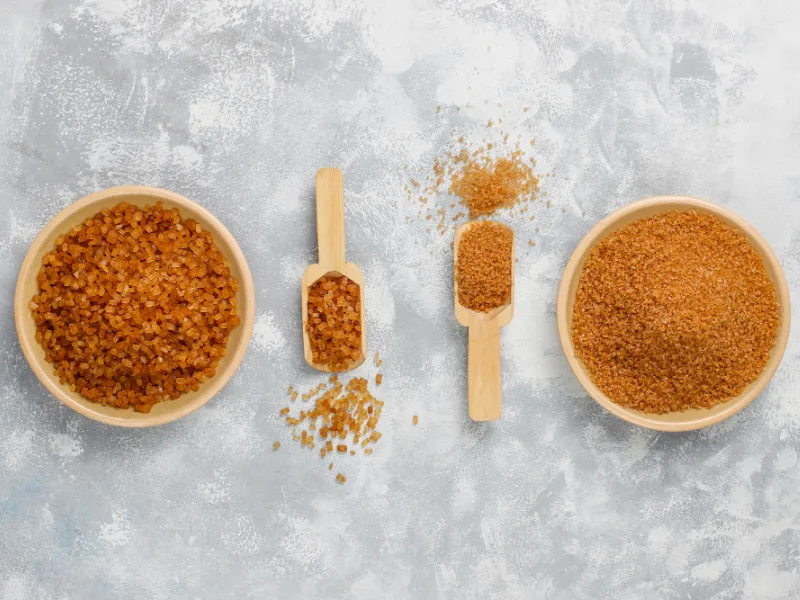
In simple terms:
Brown sugar = White sugar + Molasses.
Now, you might wonder, is it really different from white sugar?
Brown Sugar vs White Sugar: Are They Really Different?
Not much!
Brown sugar has tiny traces of minerals from molasses, but it’s still mostly pure sugar.
It affects your blood sugar almost the same way white sugar does. (2)
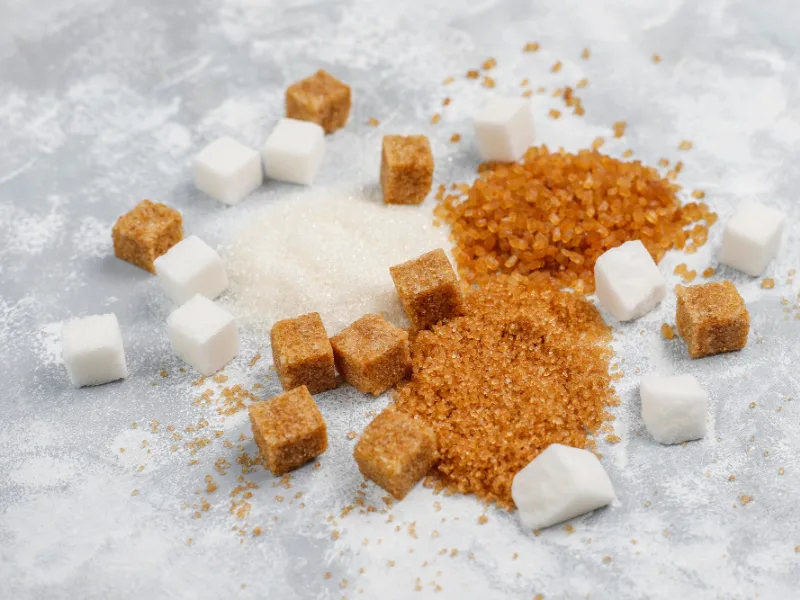
Now that we know what brown sugar really is, let’s see if it’s safe for diabetics
2- So, Can Diabetics Eat Brown Sugar?
No, diabetics should not consider brown sugar a safer option. Brown sugar and white sugar are almost the same. They both spike your blood sugar quickly.
According to an article published by Heritage Hospitals:
Brown sugar has a glycemic index (GI) of about 64, and white sugar has a GI of around 65. So even a small amount can cause blood sugar swings. (3)
If you really want a tiny bit of brown sugar, try eating it with a source of fiber (like oats) or protein (like plain yogurt).
Why? Fiber and protein can slow down sugar absorption and help reduce blood sugar spikes!
If you really crave a little brown sugar, have it after a balanced meal (with protein, healthy fats, and fiber).
Why? A full meal slows sugar absorption and reduces blood sugar spikes, compared to eating sweets alone.
In my experience, patients who pair small treats with meals have much better sugar control.
Wondering why brown sugar isn’t really “healthier” and what better options you have? Keep reading.
3- Why Brown Sugar Isn’t a “Healthier” Option for Diabetics?
Imagine putting a teaspoon of brown sugar into your tea. It sounds healthier, right? Maybe even a bit more natural. But the truth is, your blood sugar reacts to it the same way it would react to white sugar.
3.1 The Truth About Brown Sugar and Blood Sugar Spikes
Most medical experts agree that although brown sugar, due to molasses, contains small amounts of minerals like potassium and calcium, these don’t provide any significant health benefits for diabetics.
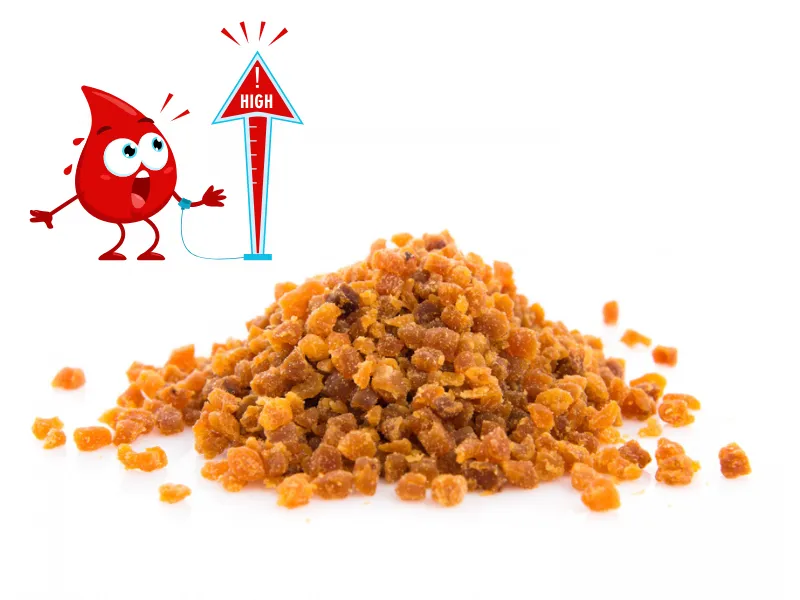
The key factor here is the sugar content, which is almost identical to white sugar. So, while brown sugar may seem like a better choice due to its colour or “natural” label, it impacts blood sugar levels the same way white sugar does.
Minerals are not enough to offset the blood sugar spikes.
3.2 Misleading “Natural” Label Marketing
A lot of people assume that brown sugar is healthier because it’s marketed as more “natural.” This isn’t the case. Brown sugar is still primarily sucrose, the same as white sugar.
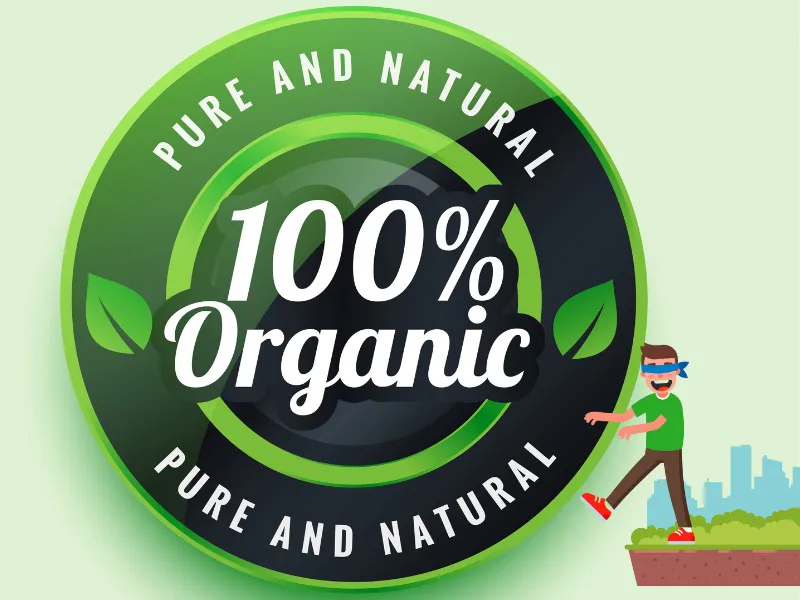
The idea that brown sugar is a healthier alternative is more of a marketing myth than a factual benefit for managing diabetes.
Confused about what to use instead of brown sugar? Don’t worry, I have got some sweet alternatives coming up next.
| 4- Top 3 Healthier Alternatives to Brown Sugar for Diabetics |
|---|
Here are a few simple alternatives to brown sugar that won’t cause the same blood sugar spikes: Stevia
 How to use it: You can use stevia drops or powder in drinks or cooking to satisfy your sweet tooth without affecting blood sugar. Monk Fruit Sweetener
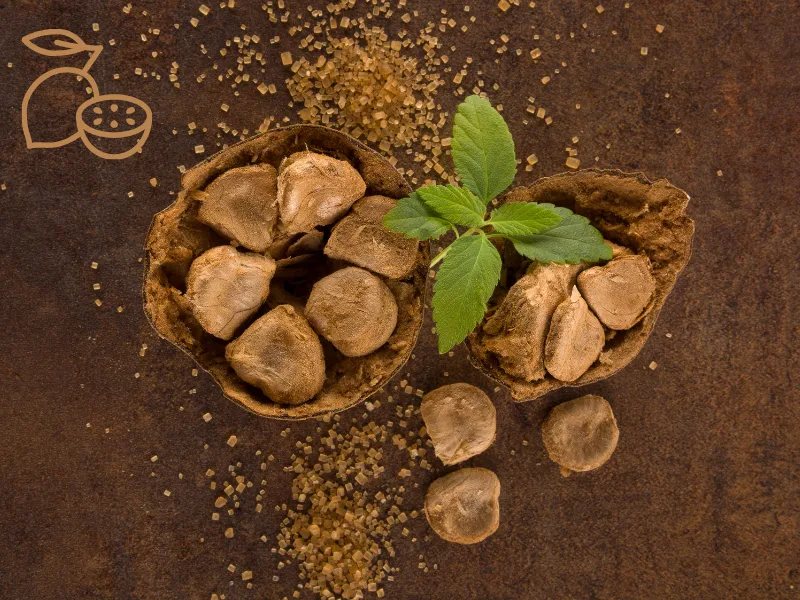
Erythritol (Sugar Alcohol)
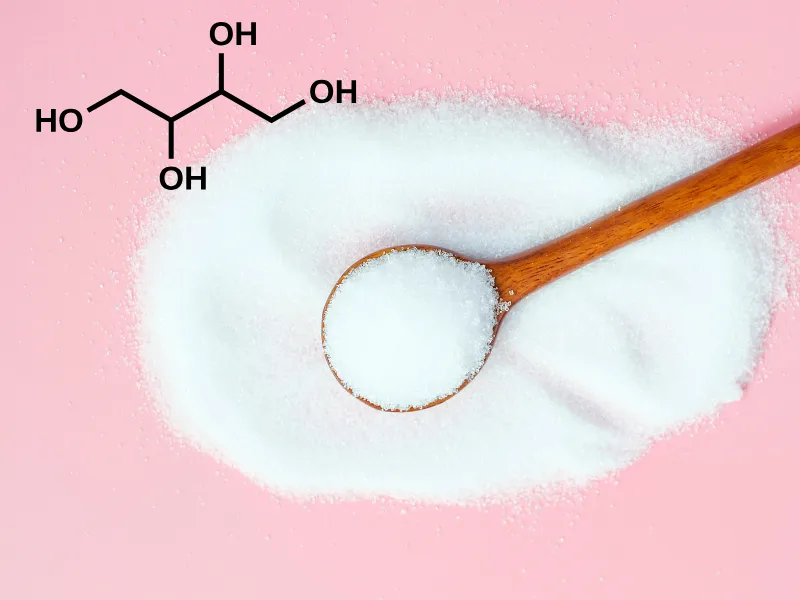
|
If you crave sweetness, try stevia drops in your tea instead of brown sugar!. This small switch can make a big difference in keeping blood sugar levels stable.
Which one should you pick first? Let’s explore a few easy swaps you can try today.
5- Simple Tips to Crush Sugar Cravings Without Guilt
Managing sugar cravings can be challenging, but there are simple strategies that can help you control them without spiking your blood sugar:
5.1 Eat More Fiber-Rich Foods
- Fiber helps slow down digestion and keeps you feeling full longer, which can reduce sugar cravings. (7)
- Examples: Whole grains, vegetables, fruits, and legumes.
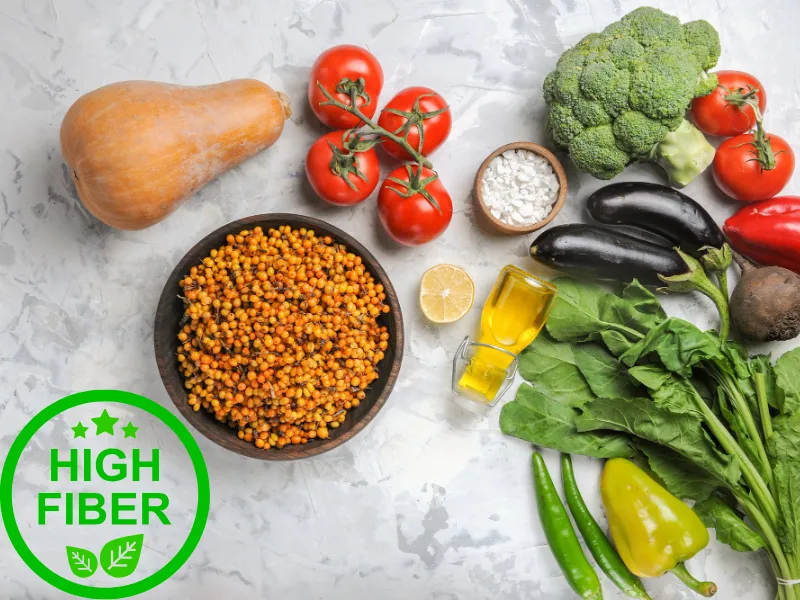
5.2 Stay Hydrated
- Based on my experience, I’ve seen many cases where dehydration can trick your body into thinking it needs sugar. Drinking water throughout the day can help prevent unnecessary cravings.
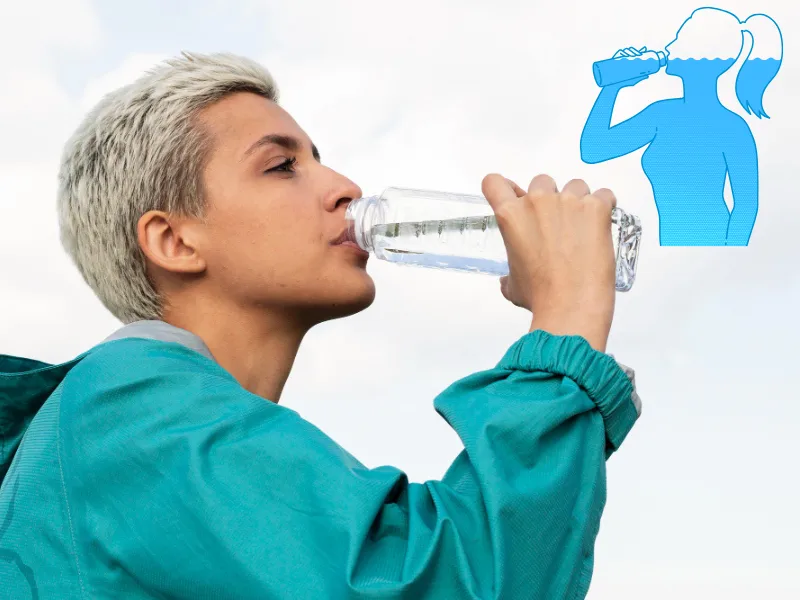
Try sipping water or herbal tea when you feel the urge to snack on something sweet.
5.3 Pair Small Sweets with Protein or Healthy Fats
- Protein and healthy fats slow down the absorption of sugar into your bloodstream, preventing sharp spikes.
- Examples: Pair a piece of dark chocolate with a handful of nuts or a small piece of cheese.
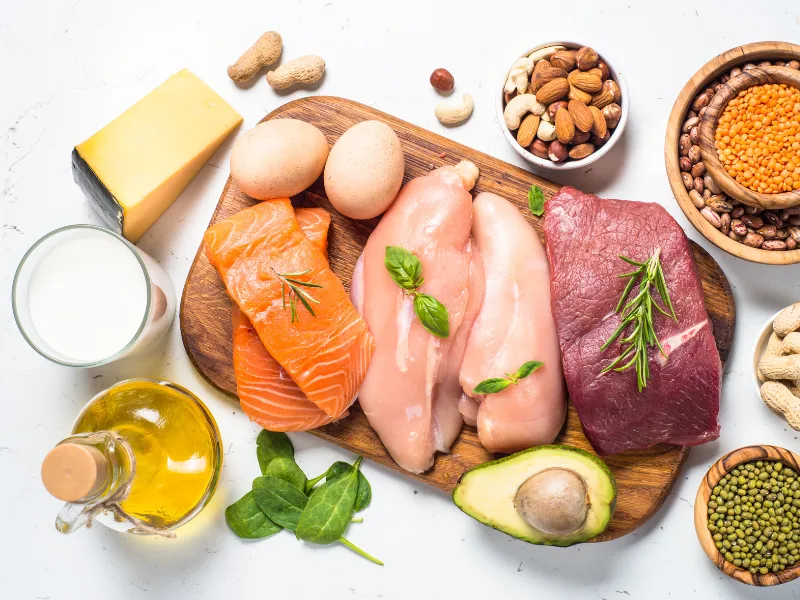
These strategies can help you manage cravings while keeping your blood sugar levels in check.
Want a real-life example of how small changes can create big results? You’ll love the next story.
6- Real-Life Stories and Experiences
Many people living with diabetes have shared their experiences on Reddit, and here’s what they said:
- One user said it best: “Sugar is sugar.” Whether it’s brown or white, it affects your blood sugar almost the same way. Brown sugar may have a little extra flavor because of the molasses, but that doesn’t mean it’s healthier.
- Some people also talked about using sugar substitutes like Splenda’s brown sugar blend. One user mentioned, “Splenda makes a fake brown sugar if you’re interested,” although not everyone liked its taste.
In short, the real stories tell a simple truth: brown sugar isn’t much better or worse than white sugar when it comes to blood sugar control. It’s all about how much you use and what your blood glucose meter says afterwards.
Curious to learn more? Check out our next article on diabetes
7-🎁 Free Download: 5 Best Brown Sugar Alternatives (PDF)
Looking for quick and healthy swaps for brown sugar?
I’ve made it super easy for you!
Grab my free, research-backed PDF guide listing 5 safe and natural alternatives you can use, perfect for managing blood sugar while still enjoying your favorite recipes.
📥 Click here to download your free guide!
(Created by Dr. Jawwad Ahmad — MBBS student and medical writer. Sources include PubMed and trusted health websites.)
8- Conclusion: So, Can Diabetics Eat Brown Sugar?
So, guys, in this article, we’ve covered the question “Can Diabetics Eat Brown Sugar?” in detail. While it’s okay to have brown sugar in very small amounts, it’s crucial to remember that it affects blood sugar almost the same as white sugar.
As a personal recommendation, I suggest exploring healthier alternatives like stevia or monk fruit sweetener if you need a sweet fix. These options won’t cause the same blood sugar spikes.
Found this helpful? Share it with your friends and drop a comment below if you have any questions.
9- FAQs About Diabetics and Brown Sugar
Yes, brown sugar can still spike blood sugar levels quickly. Diabetics should use it only in very small amounts or avoid it when possible.
Natural, zero-calorie sweeteners like stevia or monk fruit are better options for diabetics because they don’t raise blood sugar.
Refined white sugar and high-fructose corn syrup are among the worst because they cause rapid blood sugar spikes.
Yes, brown sugar and white sugar affect blood sugar almost the same way. The difference in minerals is too small to matter for health.
Good substitutes include stevia, monk fruit sweetener, and erythritol. They offer sweetness without the blood sugar spikes.
Natural low-glycemic sweeteners like stevia and monk fruit are better choices for managing diabetes safely.
Eating too much brown sugar can cause blood sugar spikes, weight gain, and increase the risk of heart disease over time.
Brown sugar has a glycemic index (GI) of about 64, while white sugar is around 65, almost the same.
Not really. Brown sugar sounds healthier, but nutritionally, it’s almost the same as white sugar with just a tiny bit more minerals.
Neither is ideal for diabetics. Jaggery may have slightly more nutrients, but it still raises blood sugar quickly like brown sugar.
Brown sugar adds flavor and a tiny amount of minerals, but its benefits are very small compared to the risks of raising blood sugar.
Honey can also spike blood sugar, just like regular sugar. It should be used sparingly and only with a doctor’s advice.
10- References
At MedicaWire, all medically sensitive content is reviewed by licensed healthcare professionals. Our team ensures that the information you read is accurate, up-to-date, and based on trusted medical sources.
Learn how we maintain high standards by reading our Editorial Policy.
📚 Sources
1- Brown Sugar vs. White Sugar: What’s the Difference
https://www.healthline.com/nutrition/brown-sugar-vs-white-sugar
2- Molasses– Wikipedia
https://en.wikipedia.org/wiki/Molasses
3- Heritage Hospitals
https://heritagehospitals.com/blog/brown-sugar-vs-white-sugar/
4- Peteliuk, V., Rybchuk, L., Bayliak, M., Storey, K. B., & Lushchak, O. (2021). Natural sweetener Stevia rebaudiana: Functionalities, health benefits and potential risks. EXCLI Journal, 20, 1412. https://doi.org/10.17179/excli2021-4211
5- Kan Yeung, A. W. (2023). Bibliometric analysis on the literature of monk fruit extract and mogrosides as sweeteners. Frontiers in Nutrition, 10, 1253255. https://doi.org/10.3389/fnut.2023.1253255
6- Mazi, T. A., & Stanhope, K. L. (2022). Erythritol: An In-Depth Discussion of Its Potential to Be a Beneficial Dietary Component. Nutrients, 15(1), 204. https://doi.org/10.3390/nu15010204
7- Ioniță-Mîndrican, B., Ziani, K., Mititelu, M., Oprea, E., Neacșu, S. M., Moroșan, E., Dumitrescu, E., Roșca, A. C., Drăgănescu, D., & Negrei, C. (2022). Therapeutic Benefits and Dietary Restrictions of Fiber Intake: A State of the Art Review. Nutrients, 14(13), 2641. https://doi.org/10.3390/nu14132641
ℹ️ Our Promise
MedicaWire follows strict sourcing guidelines and only references peer-reviewed studies, academic institutions, and reputable medical associations. We update content regularly to reflect new health information.

- Be Respectful
- Stay Relevant
- Stay Positive
- True Feedback
- Encourage Discussion
- Avoid Spamming
- No Fake News
- Don't Copy-Paste
- No Personal Attacks



- Be Respectful
- Stay Relevant
- Stay Positive
- True Feedback
- Encourage Discussion
- Avoid Spamming
- No Fake News
- Don't Copy-Paste
- No Personal Attacks




